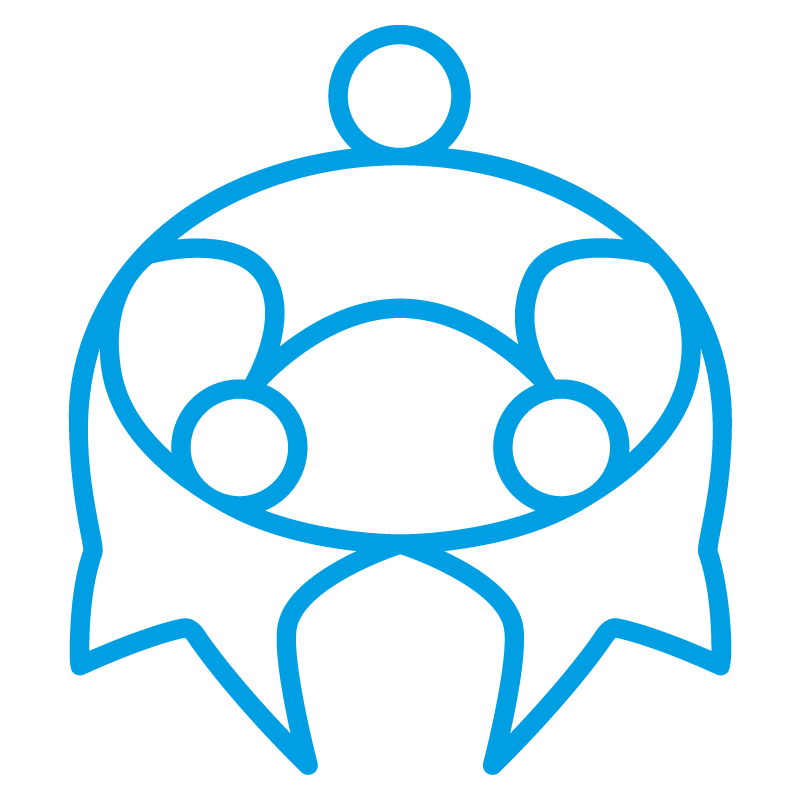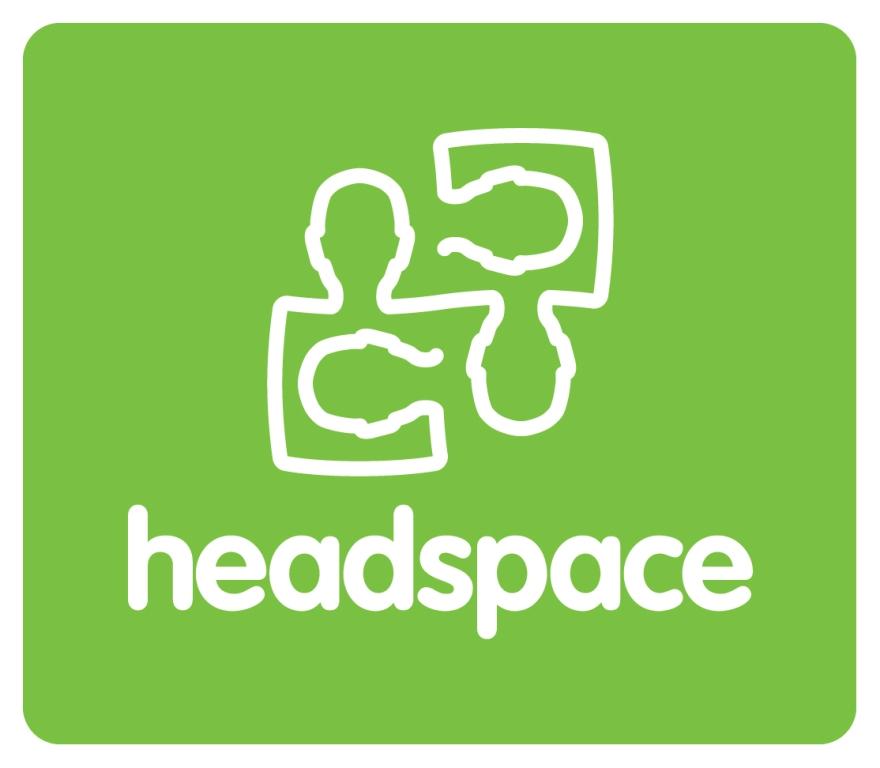Mental health
One in five adults will experience a mental illness at least once in their lives.
Mental illnesses may be caused by life events, genetic factors or birth defects. They can be temporary or lifelong and include mood, anxiety, personality, psychotic and compulsive disorders. Help is available to prevent or manage mental health problems.
Mental illness can come and go throughout a person’s life. Some people experience their illness only once and fully recover. For others, it is prolonged and recurs over time. Mental illness can make it difficult for someone to cope with work, relationships and other aspects of their life.
What to look for
The symptoms of mental illness may come on quickly. Almost all mental health problems can be treated or at least lessened in their severity. Getting help early can prevent what could become a lifelong mental illness.
A person with a mental illness can experience problems with their thinking, emotions and/or behaviour. These changes may happen quickly, or they may be gradual and subtle. It may take time to understand and identify what is happening.
Psychotic symptoms
These symptoms can include:
- Thoughts and feelings that are out of the ordinary or difficult to understand, such as thought of being persecuted or under surveillance for which there is no proof
- Experiencing sensations (seeing, hearing, smelling, tasting something when there is nothing there that others can identify)
- Odd behaviour
- Schizophrenia is a psychotic illness
Mood symptoms
Some of the symptoms of a changed mood may include:
- Persistent and pervasive feelings of sadness, elation, anxiety, fear or irritability
- Changes in sleep patterns
- Changes in appetite
- Loss of interest in things that were previously enjoyable
- Periods of increased or decreased activity, where things may be started and not finished
- Difficulty thinking and concentrating
- Excessive worries
- Changes in use of alcohol and other drugs
Common mental health issues and mental illnesses include:
- Anxiety disorders
- Behavioural and emotional disorders
- Bipolar affective disorder
- Depression
- Eating disorders
Compassion and understanding helps recovery
Many people may not know how to respond to a person who is mentally ill. People may react with embarrassment, rejection and abuse if they do not understand unusual behaviour. Such reactions can be a big hurdle for people with a mental illness who are trying to get well.
A person with a mental illness often faces isolation and discrimination from family, friends, employers and neighbours. These attitudes can make people hide their illness and feel ashamed. Family, friends, colleagues and other people can make a huge difference to a person’s recovery with understanding and compassion.
Type of help available
Different mental illnesses need different treatments. Most people benefit from counselling, medication or both. People may also need help with other aspects of their life, such as work or recreation, to assist with recovery.
Where to get help
If you or someone you know needs support:
- Call Lifeline on 13 11 14 or beyondblue on 1300 224 636.
- In an emergency, call 000.
Other support:
- Your GP
- A counsellor
- Lifeline
- Sane Australia
Source: Better Health Channel





